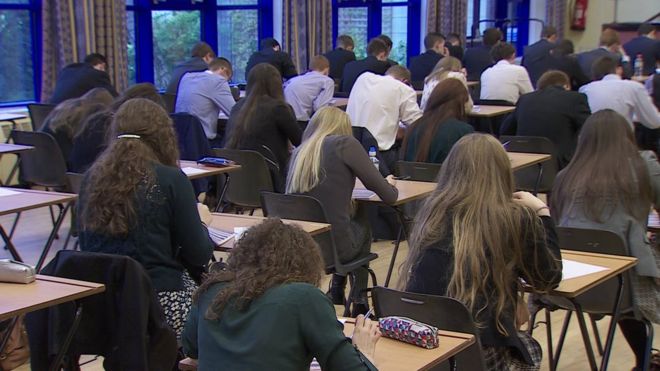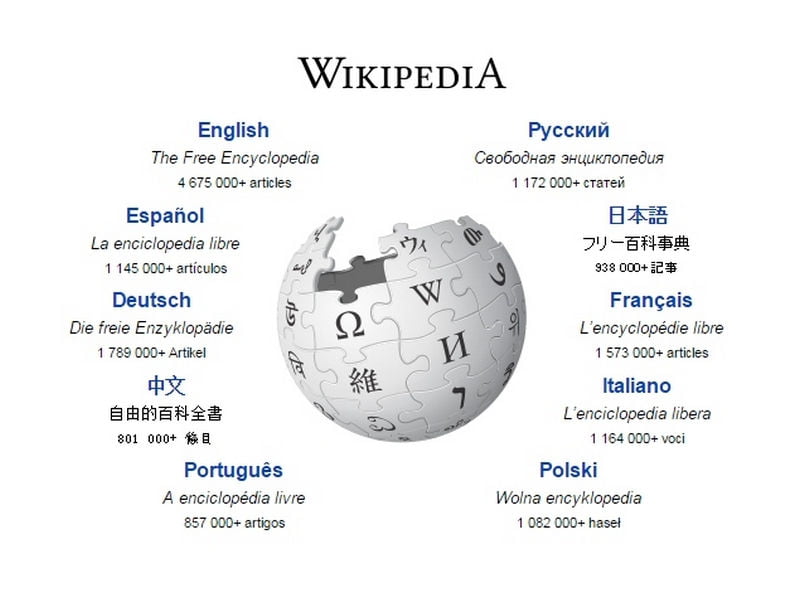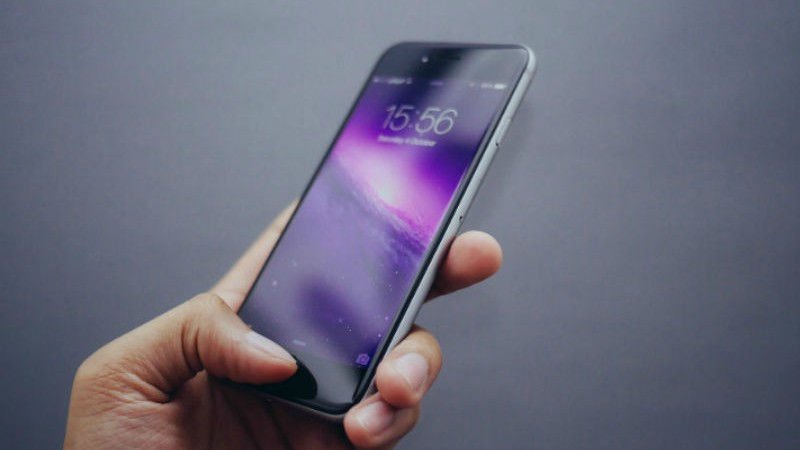
- A cancelled government education scheme helped thousands of pupils improve their English and maths results.
- The literacy and numeracy signature programme ran from 2013 to 2015 but was not renewed due to a lack of money.
- It helped almost 19,000 pupils, provided jobs for 310 new teachers and gave extra staff to hundreds of schools.
- The final report on the second year of the programme has just been published by the Department of Education (DE).
- Funding
- It received £13.8m funding from the Office of the First and Deputy First Minister (OFMDFM) and an additional £1.9m from DE.
- The scheme was targeted at pupils in both primary schools and post-primary schools who were struggling to reach basic standards in English and maths.
- Only newly-qualified teachers could apply for the jobs, which were for a two-year period.
- The final report reveals that of pupils helped by the scheme:
- 76% of primary school pupils reached level four or above in English, the expected skill level at the end of primary school;
- 80% of primary school pupils reached level four or above in maths;
- 65% of post-primary pupils got a GCSE grade C or above in English;
- 60% of post-primary pupils got a GCSE grade C or above in maths.
- Implications
- A majority of pupils supported by the programme also improved their attendance at school.
- Almost nine out of 10 primary schools that took part said the signature programme was successful.
- Eight out of 10 post-primary schools also reported that it had benefited pupils.
- Chris Donnelly, the principal of Holy Cross Boys’ Primary School in Belfast, said the programme had a proven impact on his pupils, with teachers working with them in small, tutorial-style groups.
- “One of the keys to the success of [the scheme was that] it wasn’t necessarily targeting the children who would be deemed the low attainers, like so many of the initiatives in schools do,” Mr Donnelly said.
- Aims
- “It was targeting children who were underachieving – that’s a distinct cohort of children, and we were able to see the success.
- “Schools are going to now feel the pinch, and unfortunately initiatives like this and their legacies that are going to suffer.”
- The final report said the signature programme had “far-reaching implications”.
- “Not only were the original aims achieved but the programme produced a number of outcomes and made a positive impact in our schools,” it said.
- It was revealed that the signature project was ending in June 2015, although some school principals had called for it to be extended.
- [Source:- BBC]
programme
Wikipedia Zero Free Access Programme for Developing Countries Killed Off

Citing low awareness of Wikipedia outside the US and Europe, the Wikimedia Foundation (WMF) has announced it will be stopping its “Wikipedia Zero” programme that provides the service free of charge on mobile phones, in developing countries.
According to the Foundation, since 2016, it has seen a significant drop-off in adoption and interest in the programme.
“This may be due, in part, to the rapidly shifting mobile industry as well as changes in mobile data costs,” the Foundation said in a blog post.
“The ‘Wikipedia Zero’ programme will end in 2018 while new partnership opportunities will continue to address critical barriers to participation in free knowledge around the world,” it said, adding that the Foundation has stopped forming new carrier partnerships.
The Foundation provided free access to more than 800 million people, through 97 carrier partnerships in 72 countries over the course of the programme’s life.
Launched in 2012, the free-to-access programme provided zero-rated Wikipedia access to more than 800 million people in countries such as Myanmar and Nepal.
Meanwhile, the organisation said it is exploring more ways to service the developing world, including campaigns designed to raise awareness of Wikipedia’s missions in various countries.
“We will explore other ways we can leverage the findings from our research and the Wikipedia Zero programme to direct future work with partners,” it added.
[“Source-gadgets.ndtv”]
iPhone Battery Replacement Programme Will Cost Apple $10 Billion From Reduced Sales: Barclays

HIGHLIGHTS
- iPhone software slows down some of the devices with battery problems
- Apple had reduced the price of replacement of batteries from $79 to $29
- 16 million iPhone sales may be lost due to battery replacements
Apple’s offer to replace old batteries at cheaper rates may affect new iPhone sales in 2018. Barclays analyst Mark Moskowitz, in a note, says that even a small percentage of people opting for battery replacement over upgrade could affect the sale of new iPhone models. Apple had recently
apologised for slowing down iPhone models and offered a new battery replacement programme.
Under the new offer, Apple has reduced the price of replacement for out-of-warranty batteries (in iPhone 6 or later) from $79 to $29. In India, the price of a new battery will cost Rs. 2,000 plus taxes instead of the earlier price tag of roughly Rs. 6,500 (inclusive of taxes), Apple had revealed. In a post on December 28, Apple had apologised over its handling of the battery issue and said it would make several changes for users.
However, according to a 9to5Mac report citing the Barclays analyst note, sales of 16 million iPhone units will possibly be lost. In the note, Moskowitz has said that Apple’s recent iPhone battery controversy and the apology could be a good PR move but it will hit iPhone sales, affecting around 4 percent reduction in revenue.
The Barclays analysis predicts that Apple will exchange around 10 percent of the total 519 million iPhone models eligible for replacement. It adds that the $29 price may generate $1.56 billion in terms of revenue, but Apple will lose around $10 billion due to potential loss of the 16 million iPhone units.
On December 20, Apple had acknowledged that iPhone software slows down some the devices with battery problems. This had lead to lawsuits and consumer outrage based on the common belief that Apple was slowing down older iPhone models in order to push people to buy the newer variants. However, Apple later denied having taken any move to intentionally shorten the life of a product.
[“Source-gadgets.ndtv”]



